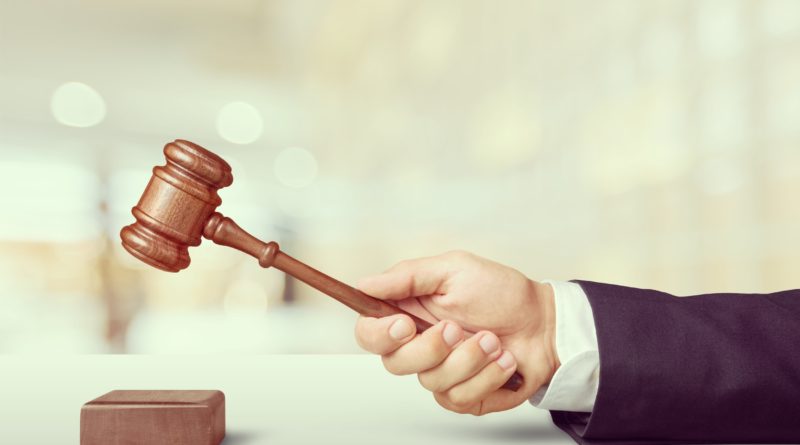Why Did Don McGahn Defy A Subpoena?
15,170 total views, 1 views today
On May 20th, many news outlets reported that Don McGahn, previously the Trump administration’s top lawyer, would disregard a subpoena. Although a subpoena is a legally-binding witness summons, McGahn would allegedly be defying the subpoena on the orders of President Donald J. Trump’s White House. Such a contrast between a congressional subpoena and executive power would further exacerbate the ongoing battle between Trump and Congress.
On May 21st, McGahn did indeed defy the House Judiciary Committee’s subpoena to testify. Trump’s Justice Department insisted to his White House lawyers that not even a subpoena could compel McGahn to testify, a position that resulted in McGahn’s absence at the May 21st hearing to which he had been summoned.
McGahn’s lawyer, William Burck, wrote to House Judiciary Committee Chairman Jerry Nadler, D-NY, that McGahn would ignore the committee’s subpoena out of obligation to Trump, his former legal client. In response, Nadler promised Burck that the committee would find McGahn in contempt for defying the subpoena and declining to release the documents demanded of him. The stage has thus been set for yet another clash between Trump and the many politicians looking to connect his administration with illegal activity.
Although McGahn did not appear in front of the House Judiciary Committee on May 21st, he has already provided potentially-damning testimony in private. McGahn has given hours of private testimony detailing Trump’s attempts to block special counsel Robert Mueller’s long-running investigation. The House Judiciary Committee summoned McGahn to give similar testimony in public, but as of May 21st, McGahn will not be doing so.
The committee remains interested in the contents of Mueller’s long-awaited report, which many say concluded the special counsel’s investigation with a whimper rather than a bang. Nadler has insisted that McGahn was present for, and active in, many of the most damning actions that Trump and his closest advisors allegedly took to obstruct justice. Additionally, Nadler has alleged that Trump, being fully aware that McGahn’s testimony would implicate him, has personally blocked McGahn’s testimony.
Trump has provided a different rationale for his administration’s blocking of McGahn’s testimony. On May 20th, Trump told reporters that his adminstration’s actions are designed to uphold and protect the institution of the presidency rather than the current president himself. White House press secretary Sarah Sanders backed up Trump’s claims and said that the president has been nothing but transparent throughout the special counsel investigation and all the accusations other politicians have lobbied against him.
During the two years over which Mueller’s investigation took place, Trump permitted McGahn to sit with Mueller’s investigators for a total of 30 hours. Trump has since taken the position that McGahn’s testimony is thus White House property, meaning that his adminstration has the final say on whether to share it. Trump has similarly asserted executive privilege to withold crucial redacted portions of Mueller’s report, which Attorney General William Barr allegedly misrepresented to Congress. The House Judiciary Committee has since found Barr in contempt, and the events of May 21st may lead McGahn to a similar verdict.

